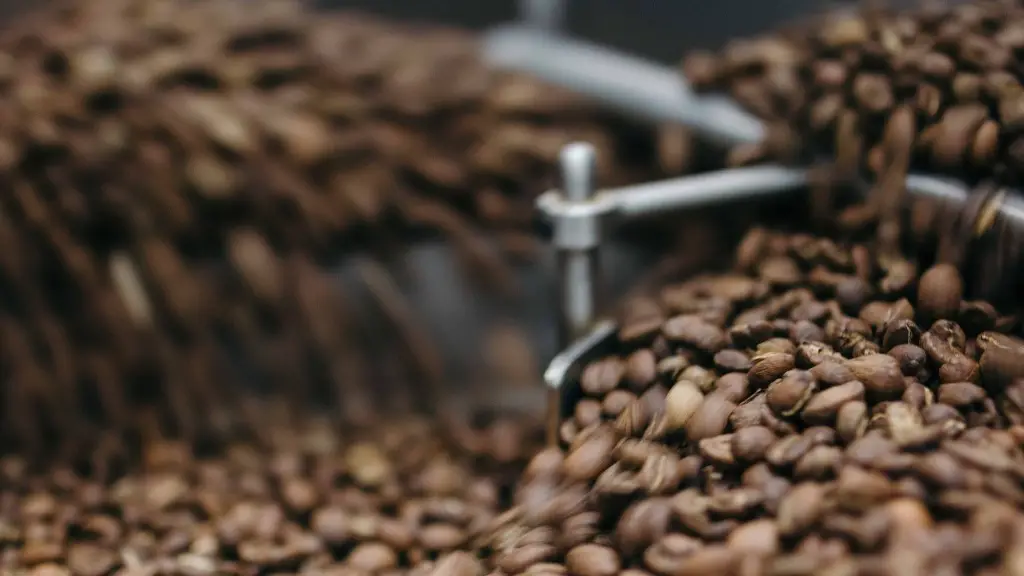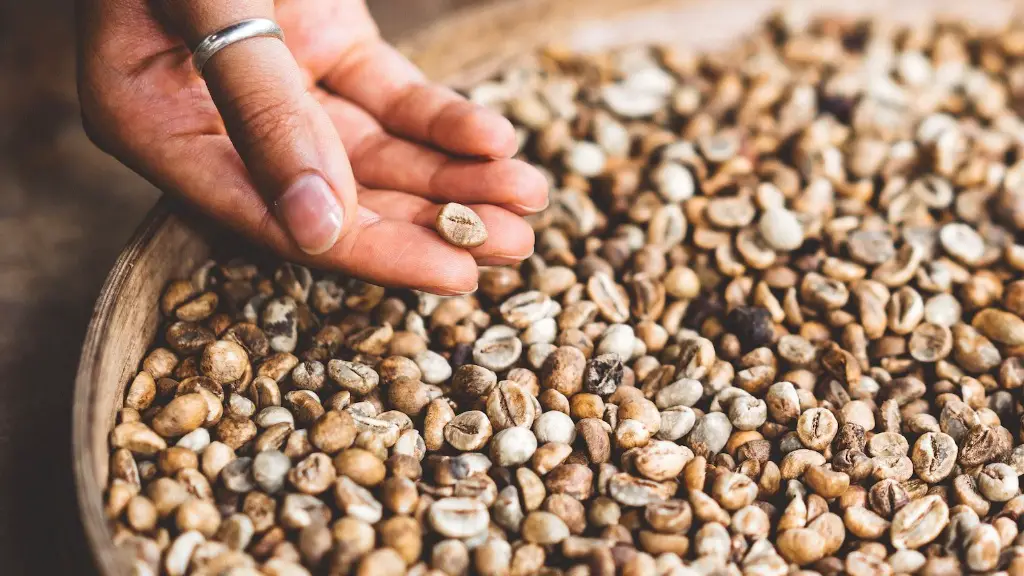Effect on Blood Pressure
A study published by the British Medical Journal in 2011 found that drinking coffee can reduce the risk of high blood pressure. The journal reported that those who drank four or more cups of regular coffee per day had a lower risk of developing high blood pressure compared to non-coffee drinkers. Caffeinated coffee was attributed to the reduction in risk, though decaffeinated coffee also had a moderate effect. It appears that polyphenolic compounds, which may be present in coffee, could be responsible for the protective effect on blood pressure.
Connection With Headaches
Caffeine is able to constrict blood vessels and has been used to treat headache pain clinicians. Possible explanations include increased production or increased absorption of the chemical that influences pain pathways in the body, as well as combination effects which have both peripheral and central nervous system components. Research suggests that caffeine can reduce the intensity of headaches in the short-term, by up to 40 percent. Suggested doses for people with migraine headaches range from 50 milligrams to 200 milligrams of caffeine – about two-thirds to two cups of regular coffee.
Coffee as Medicine
Experts recommend that people use caffeine-containing products such as coffee in moderation to reap the therapeutic benefits without enduring the harmful side effects associated with caffeine abuse, such as jitters, insomnia, and headaches. Drinking coffee for the purpose of pain relief requires small and infrequent doses, which are unlikely to yield the large doses associated with addiction. For example, 50-200 milligrams of caffeine (2/3 cup to 2 cups of coffee) is typically recommended.
Combination Therapy
Combination therapies are often used, especially for migraine headaches, to elicit greater relief. For example, bed rest and a caffeinated beverage may combine to improve outcomes when one component alone is not sufficient. Caffeine is also available in combination with other analgesics such as acetaminophen, ibuprofen, and aspirin.
Overuse and Side Effects
Consuming too much caffeine, possibly combined with other stimulants and medications, can trigger a rebound headache. People who are prone to such headaches may find that coffee provides relief during an emergency but is ineffective on a regular basis. Withdrawal from caffeine can also lead to headaches. Thus, using caffeine as a medicine for headache relief requires moderation and knowledge about the potential for dependency and rebound headaches.
Migraine Prevention
Migraine headaches, characterized by severe and recurring head pain, can cause nausea and extreme sensitivity to light and sound. Chronic migraine sufferers typically experience at least 15 days of headache per month. Research results are mixed regarding whether coffee can help reduce the frequency of migraine attacks. However, a study conducted in Scandinavia found that drinking up to four cups of coffee per day could prevent the occurrence of migraine headaches.
Coffee Compounds
Coffee contains over 1,000 different chemicals and compounds, the most studied of which is caffeine. Other compounds such as theobromine, theophylline and chlorogenic acid, as well as antioxidants and minerals, may also contribute to coffee’s effects on health. Relying on coffee for headache relief should involve looking at the full content of the drink as well as assessing individual needs and preferences.
Caffeine Intolerance
Though caffeine is often associated with headache relief and prevention, some individuals are not able to tolerate it and can suffer withdrawal symptoms. Those with frequent headaches should take into consideration whether their current level of caffeine consumption is appropriate and if they may be developing caffeine tolerance and withdrawal issues.
Coffee and Wood Incidence
A large-scale study conducted in Italy revealed that the incidence of Wood Migraine, a form of migraine with aura, was significantly lower in coffee drinkers than non-coffee drinkers. Results suggested that the protective effect was more significant for the more severe type of Wood Migraine than for its milder form, hinting that caffeine consumption may serve as a protective factor against the occurrence of this type of migraine.
Coffee-Migraine Relationships
While drinking coffee appears to reduce the risk of developing migraine headaches, there is also evidence that regular consumption of coffee may contribute to the development of chronic migraines. One study found that participants who developed this condition had a higher incidence of habitual coffee consumption. Thus, though coffee for migraine prevention may be beneficial, overconsumption may be detrimental in the long-term.
Coffee and Tension Headaches
A study conducted in Sweden revealed that regular coffee consumption could reduce the risk of tension headaches. Those who drank up to three cups of coffee per day were less likely to be diagnosed with this condition than non-coffee drinkers. Even those who developed tension headaches were found to have a milder form of the condition if they regularly consumed coffee.
Individual Responses
Everybody responds differently to caffeine consumption, so knowing one’s individual level of tolerance and the potential side effects is important. Individuals who have chronic headaches should discuss their caffeine consumption with their doctor to assess both positive and negative effects that can potentially arise.
Relationship with Vascular Diseases
A study conducted in France found that regular coffee consumption can reduce the risk of vascular diseases. Those who drank four or more cups of coffee per day had a lower risk of developing complications associated with vascular disease compared to non-coffee drinkers. Results suggest that compounds found in coffee have a protective effect on the vascular system.
Recommendation for Safe Consumption
The American Headache Society’s guidelines for the use of caffeine in migraine state that it should be limited to no more than two 200 mg tablets or one large cup of regular brewed coffee per day. The European Council for Headache Relief also recommends limiting caffeine intake to two 200 mg doses each day for headache prevention. People with significant daily headaches and those prone to rebound headaches should consider using caffeine in moderation, not exceeding two 200 milligram doses and avoiding caffeine overuse.
Coffee as a Relevant Tool
Coffee can provide relief from headache pain and has been recommended as an effective tool to reduce the severity and frequency of migraines. Coffee and its caffeine content may also prove beneficial in preventing tension headaches and vascular diseases. Additionally, its potent antioxidant activity may have a protective effect against certain types of cancer. As with all medications and supplements, careful evaluation of individual needs is essential to ensure safe and effective usage.



